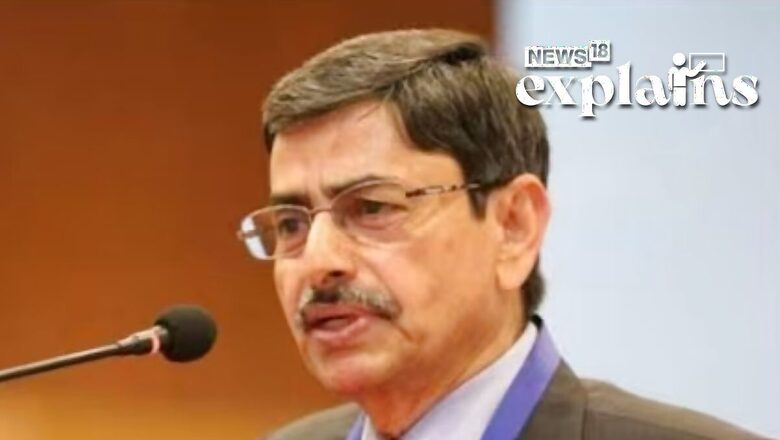
views
The Communist Party of India (MarxistLeninist) Liberation, an alliance partner of the grand alliance’ government in Bihar, on Friday demanded the removal of Tamil Nadu Governor RN Ravi for “transgressing his jurisdiction.” In an unprecedented move, Ravi on Thursday “dismissed with immediate effect” arrested minister V Senthil Balaji from the council of ministers, only to backtrack on his decision late in the night.
Ravi has decided to keep the dismissal order of Senthil Balaji in abeyance for the time being and informed Chief Minister M K Stalin about it, PTI reported.
How Did DMK React?
The ruling DMK in Tamil Nadu on Friday strongly asserted that appointment and dismissal of ministers is the sole prerogative of the chief minister and lashed out at Governor R N Ravi for his move of dismissing V Senthil Balaji from the MK Stalin-led Cabinet, which was subsequently retracted on the advice of the Union Home Ministry on the matter.
Stating that the Tamil Nadu government was “disregarding” the Governor’s action of sacking Balaji, Finance Minister Thangam Thennarasu said Stalin will write a detailed letter to Ravi on the matter. The party also said it may weigh all options and legal factors related to Ravi’s action, which came in for criticism from allies of the ruling party as well as other quarters.
Addressing the press here along with Law Minister S Reghupathy and Rajya Sabha member P Wilson, who is also an advocate, Thennarasu recalled Stalin earlier saying the Governor has no right to sack Balaji and that the issue will be faced legally.
Can a Governor Dismiss a Minister?
Article 164(1) of the Indian Constitution outlines the appointment of the Chief Minister and other ministers. The Chief Minister is appointed by the Governor, and the other ministers are appointed by the Governor on the advice of the CM. It is important to note that ministers hold office at ‘the pleasure of the Governor.’
Constitution expert PDT Achary told India Today that the Governor must act based on the aid and advice of the Chief Minister. The Governor can only dismiss the government if it loses majority and refuses to step down.
In the case of the Governor’s decision to remove a minister unilaterally, legal experts suggest, as per the report, that the affected government can approach the court. They believe that the Governor’s action goes against the Constitution, and they would challenge the decision in the appropriate legal forum.
Advocate KV Dhananjay told India Today that while a Governor can recommend the dismissal of a state government to the President based on the political situation, it is ultimately the President who has the final say. However, the dismissal of a minister from the Cabinet is not within the purview of the Governor’s powers. The Governor should act based on the aid and advice of the elected Chief Minister.
Senior advocate Sanjay Hegde emphasized, as per the report, that the Governor’s actions are constitutionally incorrect. India follows a parliamentary system, not a presidential one. Governors and Presidents have a symbolic role, and the elected officials, such as the Chief Minister, have the authority to govern.
Important Judgements
The case of Shamsher Singh versus State of Punjab saw a seven-judge Constitution bench of the Supreme Court ruling that there cannot be a parallel administration within a state by allowing the Governor to go against the advice of the council of ministers. This means that the Governor should not act independently and should follow the advice of the council of ministers, as per the India Today report.
In the case of Sanjeevi Naidu vs State of Madras, it was held that the Governor is primarily a constitutional head, and the government is effectively run by the Council of Ministers. The decision-making authority lies with the Council of Ministers, and matters in which the Governor is required to exercise discretion must be decided by the Council of Ministers.
In the case of Nabam Rebia vs Deputy Speaker And Ors in 2016, the Supreme Court reaffirmed that the Governor can only act on the advice of the Council of Ministers. This means that the Governor’s actions should be in accordance with the advice given by the elected government and its ministers, the report said.
PTI contributed to this report




















Comments
0 comment